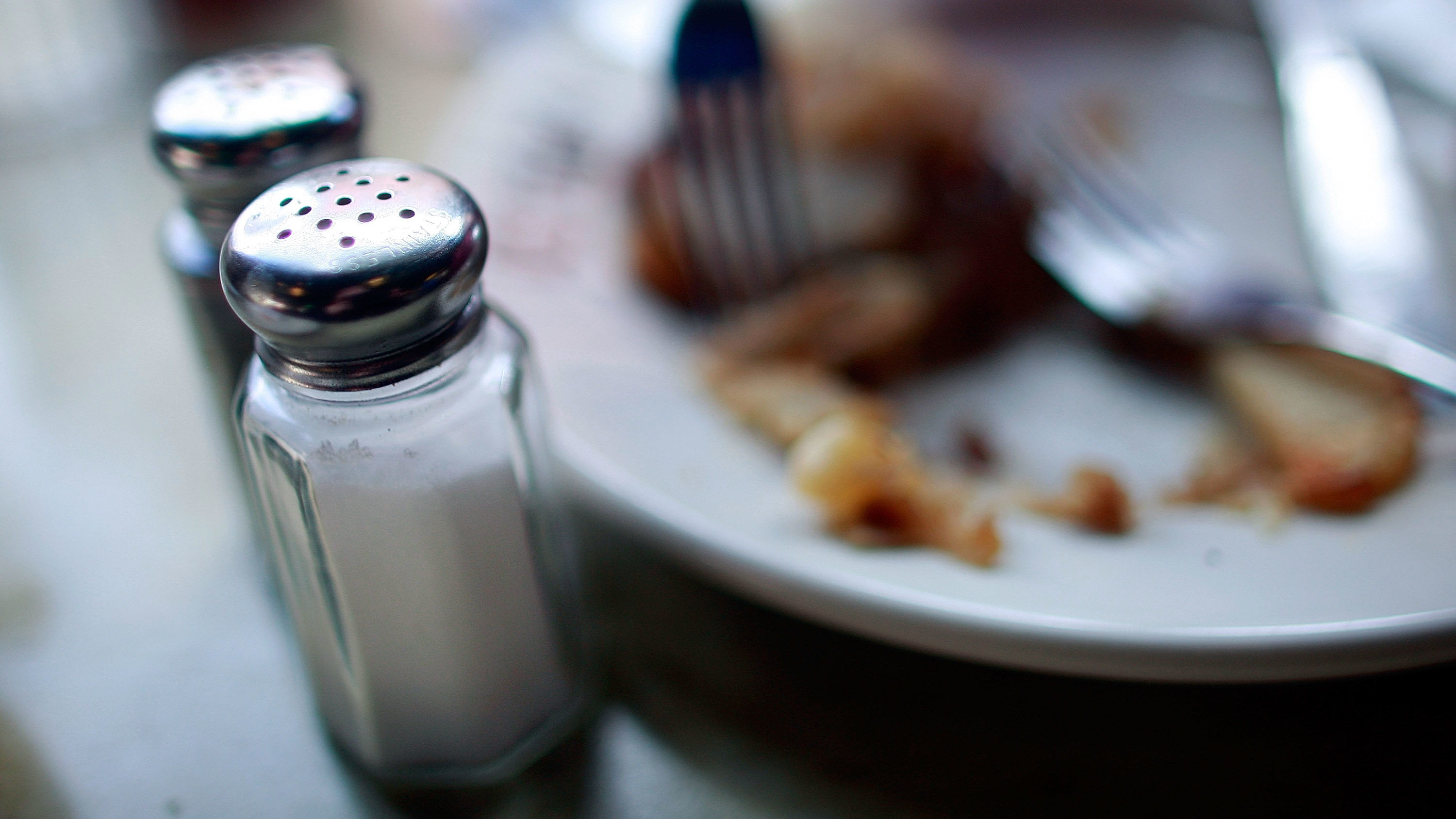Will Chefs' Misconduct Affect The Way Critics Review Restaurants?
2018 is not like the years that preceded it. The revelations of sexual harassment and assault spreading like an ink stain across the country and seeping deep into industries are forcing a new consciousness and tough conversations. The restaurant world is, of course, far from immune.
NPR Music critic Ann Powers says the current climate has altered a critic's expectations of pop music; and Houston Chronicle dining critic Alison Cook this week penned an essay exploring whether it's appropriate for her to review Aqui, a restaurant from chef Paul Qui, the once-celebrated Top Chef contestant who was arrested in 2016 following a violent assault on his then-girlfriend.
"I didn't visit Aqui until December 8, nearly four months after it opened, most likely (I believe in retrospect) because I was trying to put off the inevitable moment of moral reckoning," Cook writes. "I thought long and hard about what to do."
She outlines the ways in which the old formula of considering which restaurants to review—do readers care about it?—feels incomplete in the face of the horrible account of the assault. Having suffered her own experience with assault, Cook is understandably reticent to even indirectly give press to a man charged with such a crime. Ultimately, she decides to review Aqui out of respect to its pastry chef Jillian Bartolome and chef de cuisine Gabriel Medina; Paul Qui himself only visits the restaurant to consult once a week or so.
"And I was curious, which is my default mode as a human being and as a professional. ... That curiosity is a blessing and occasionally a curse, but it's at the heart of what I do and who I am. Walling myself off from a complex phenomenon like Aqui just felt wrong in my bones," Cook writes.
Cook goes on to praise the food and staff at Aqui, ultimately finding the menu reflects its staff and the city of Houston more than it feels like solely Paul Qui's creation.
I'm so glad she decided to peel back the curtain and explain her process. Surely there were colleagues and friends and readers of Cook's who don't agree with her decision, and who may choose not to patronize Aqui. Her honest reckoning with this informs her review and makes it all the richer.
But questions like this extend to not just restaurant critics but all of us: diners, too. In the face of allegations against chefs Mario Batali and John Besh, for example, should our dining-out behaviors change? The staff of The Takeout has lately pondered the following:
- To what extent should we as consumers avoid products sold or endorsed by chefs accused of misconduct?
- Should we also avoid their restaurants, including Eataly, for example, in which Batali is a business partner?
- What are the consequences of continuing to frequent—or not frequent—these restaurants?
- Should diners look into the conduct of a chef when making decisions about where to eat?
- What are the implications on other staff of a chef's (mis)behavior, and can those be mitigated?
We don't claim to have any answers, but kudos to Alison Cook and others for asking the difficult questions and creating a conversation. It would be much easier in the moment to shove our heads in the sand and deny these issues' importance, but in 2018, that's no longer possible.
